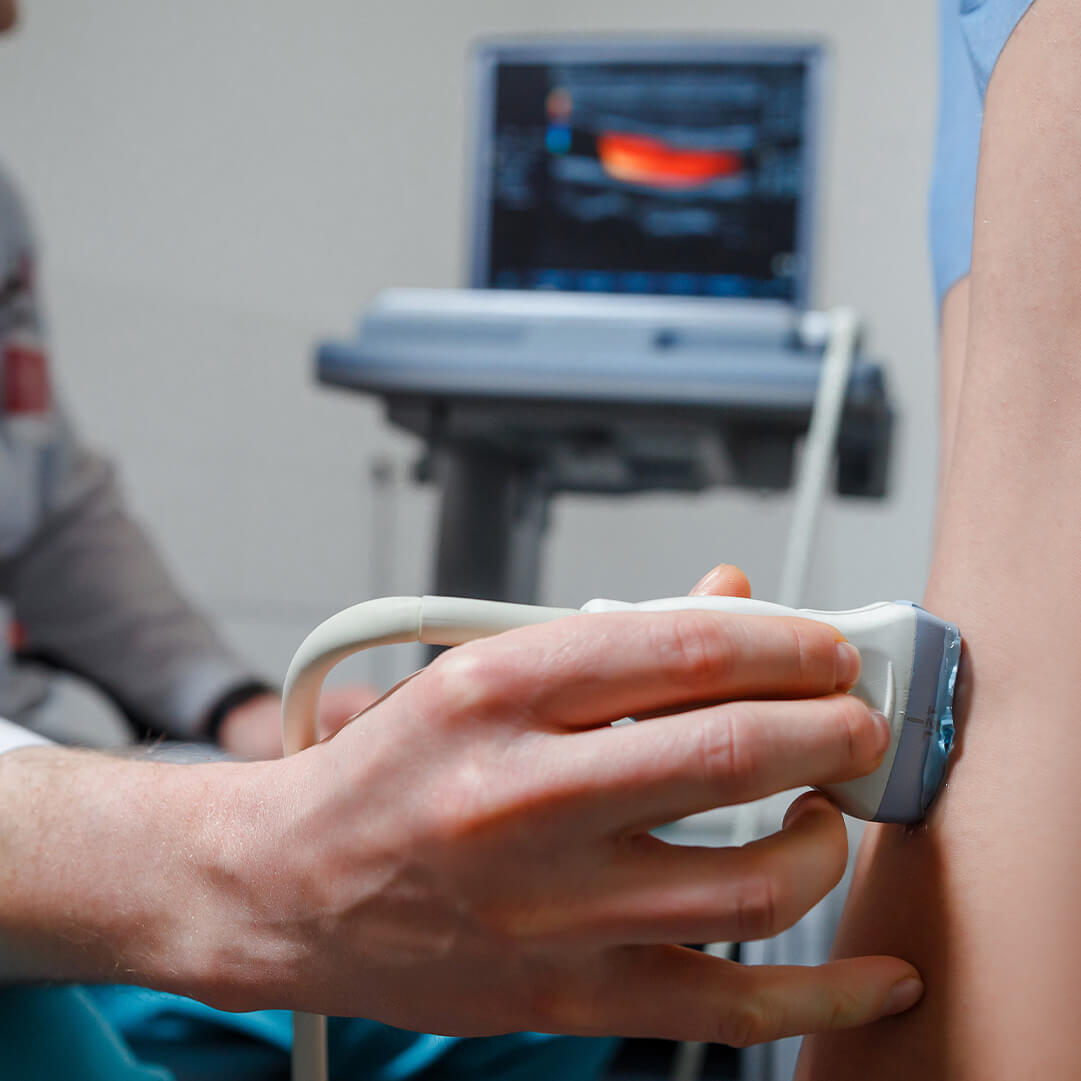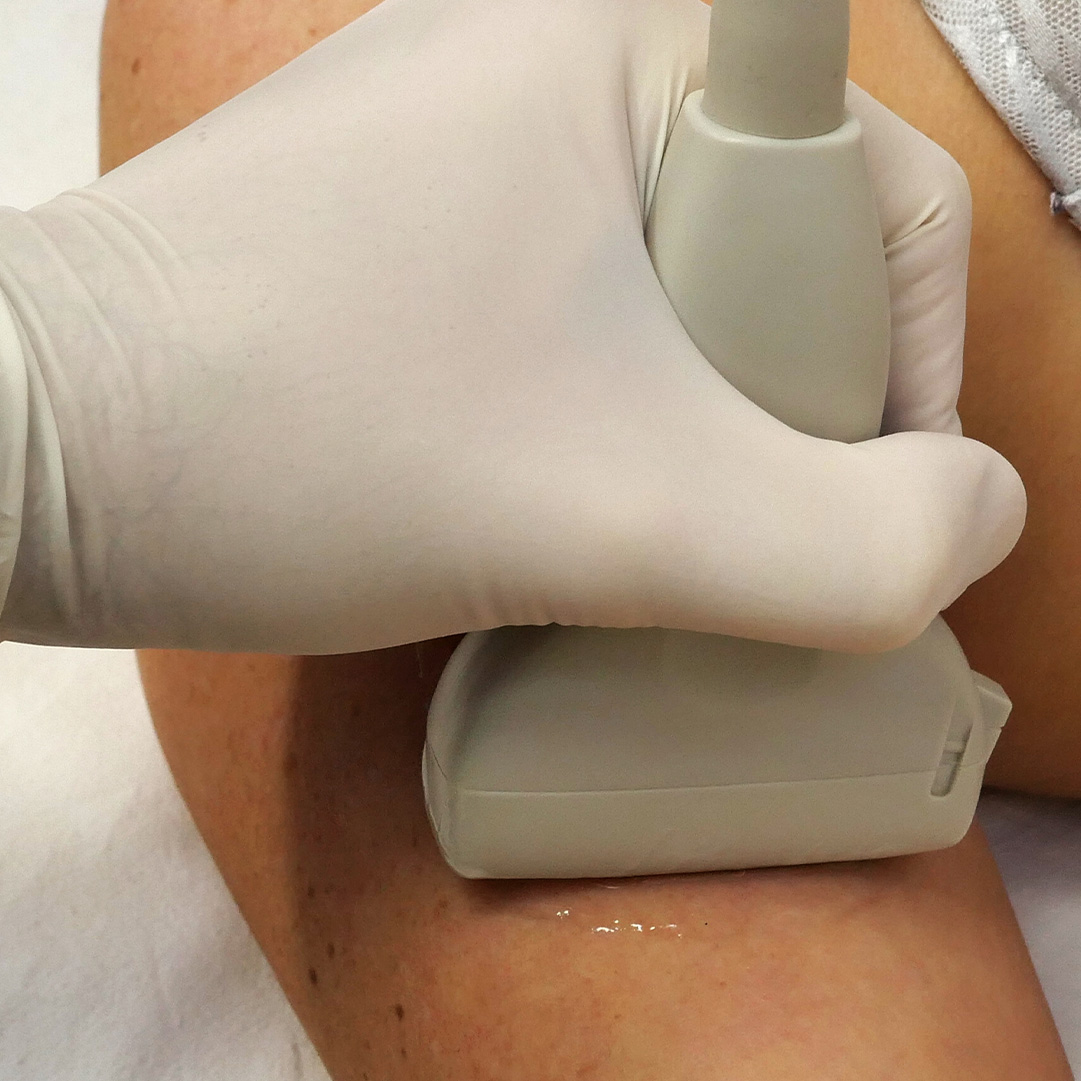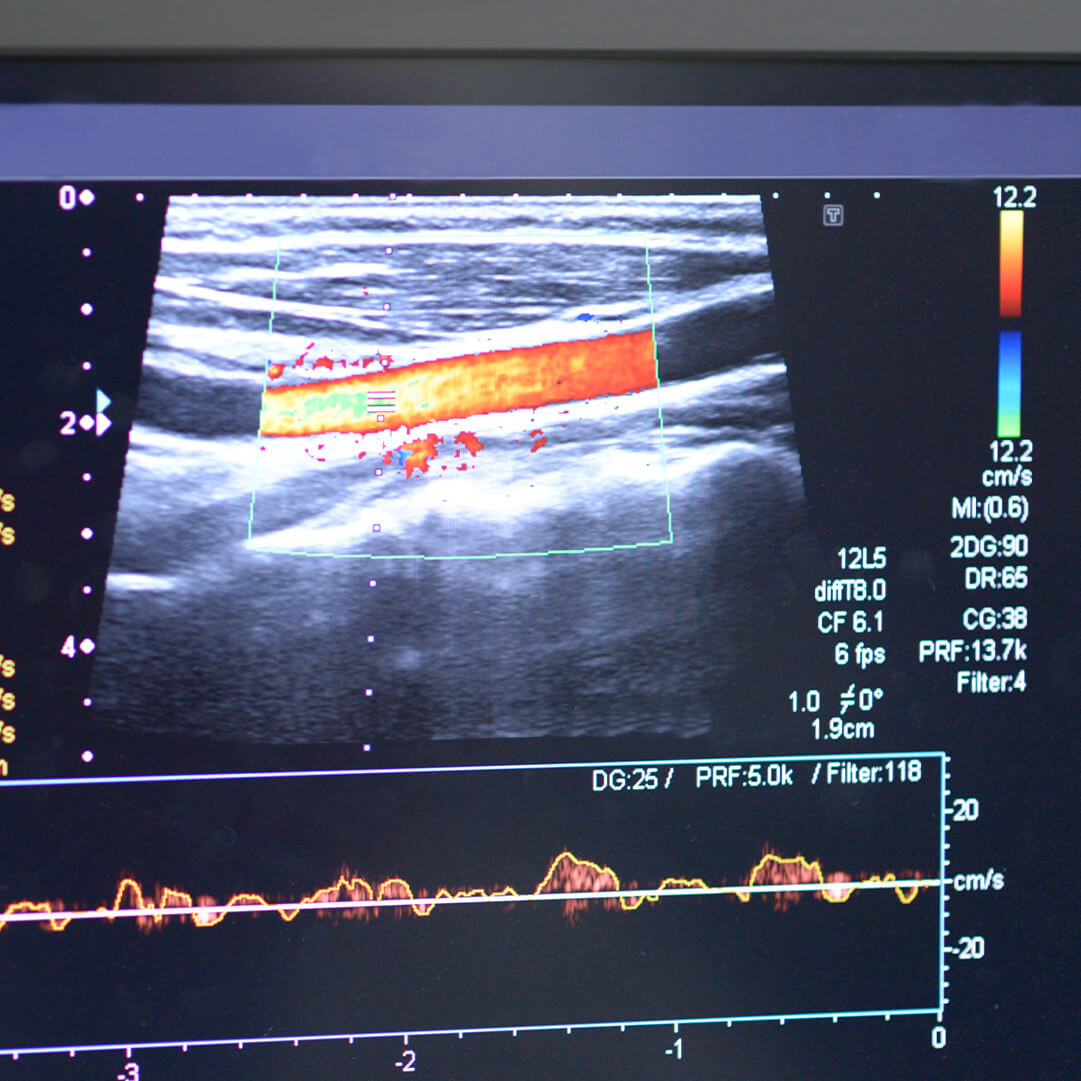Screenings from a vascular specialist are designed to identify issues with the blood vessels and circulatory system; these tests can help detect conditions such as peripheral artery disease, carotid artery disease, and aneurysms. Early detection of these conditions is what Vascular & Interventional Specialists is all about, as it can lead to prompt treatment and can decrease a patient’s risk of serious complications. These tests are non-invasive, quick, and painless, and can provide valuable information about your overall cardiovascular health. By undergoing a vascular disease screening, you can take a proactive step towards maintaining your health and reducing the risk of developing serious problems in the future.
Learn more about these critical tests and schedule yours with one of our vascular specialists now!


Major risk factors for vascular disease include:
Diabetes
Smokers or those who have smoked
High Cholesterol
Obesity
Coronary Artery Disease
Sores on your feet or legs that are slow to heal
Aching, cramping, or pain in your arms, legs, thighs, buttocks while walking
Age 50 or older
Family history of Abdominal Aortic Aneurysm (AAA)
It is suggested that patients receive a vascular and vein screening once every three to five years.
About Our Vascular & Interventional Specialists Scans & Tests
What to Expect During a Vascular Disease Screening
A vascular disease screening typically involves a series of non-invasive tests to evaluate the blood flow and health of your blood vessels and veins. These tests can include ultrasound, which uses high-frequency sound waves to produce images of the blood vessels and assess blood flow, as well as pulse volume recordings, which measure the strength of the pulse in your legs and feet. The screening may also involve a physical exam and review of your medical history to assess your risk for vascular disease. The results of these tests can help a vascular specialist determine if you have any blockages or other issues with your blood vessels and veins, and help guide any necessary treatment or lifestyle changes to improve your cardiovascular health. The screening process is typically quick, and painless, and does not involve any incisions or injections.


